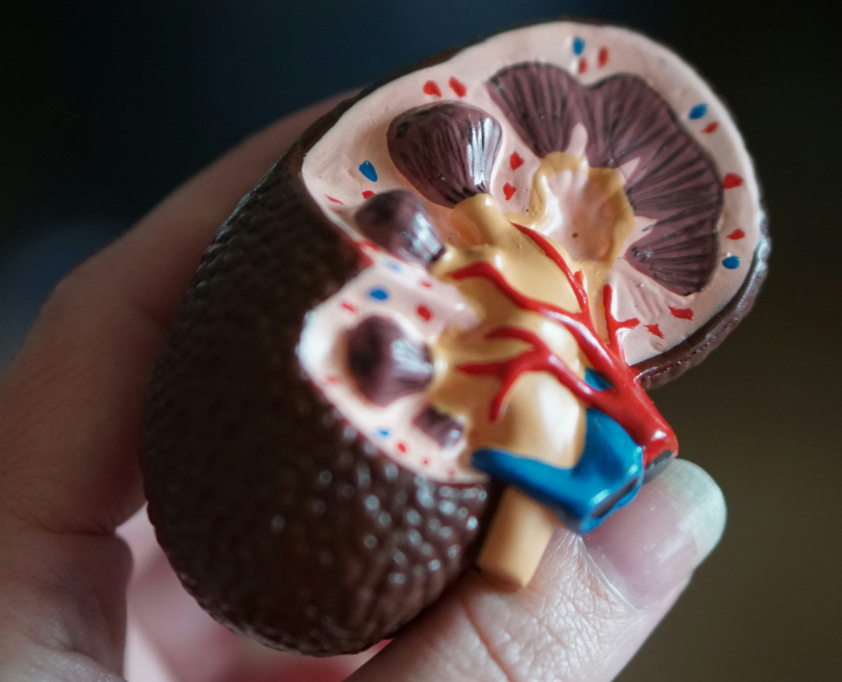Cystic fibrosis (CF) is a genetic disorder primarily affecting the lungs and digestive system, caused by mutations in the CFTR gene, leading to thick, sticky mucus production. Pancreatic involvement is common due to mucus obstructing pancreatic ducts, impairing enzyme secretion and causing tissue damage.
Pancreatic calcifications in CF result from chronic pancreatitis-like changes:
- Mechanism: Obstruction of pancreatic ducts by mucus leads to inflammation, fibrosis, and eventual calcification. Fatty replacement of pancreatic tissue and microcalcifications are typical.
- Prevalence: Seen in a subset of CF patients, particularly those with pancreatic insufficiency (up to 85-90% of CF patients). Calcifications are more common in adults due to progressive damage.
- Symptoms: Pancreatic insufficiency causes malabsorption (e.g., steatorrhea, weight loss), diabetes (cystic fibrosis-related diabetes, CFRD), and occasionally abdominal pain if pancreatitis develops.
- Diagnosis: Imaging (CT or MRI) shows calcifications, fatty atrophy, or duct abnormalities. Fecal elastase or serum trypsinogen levels confirm pancreatic insufficiency.


Leave a Reply